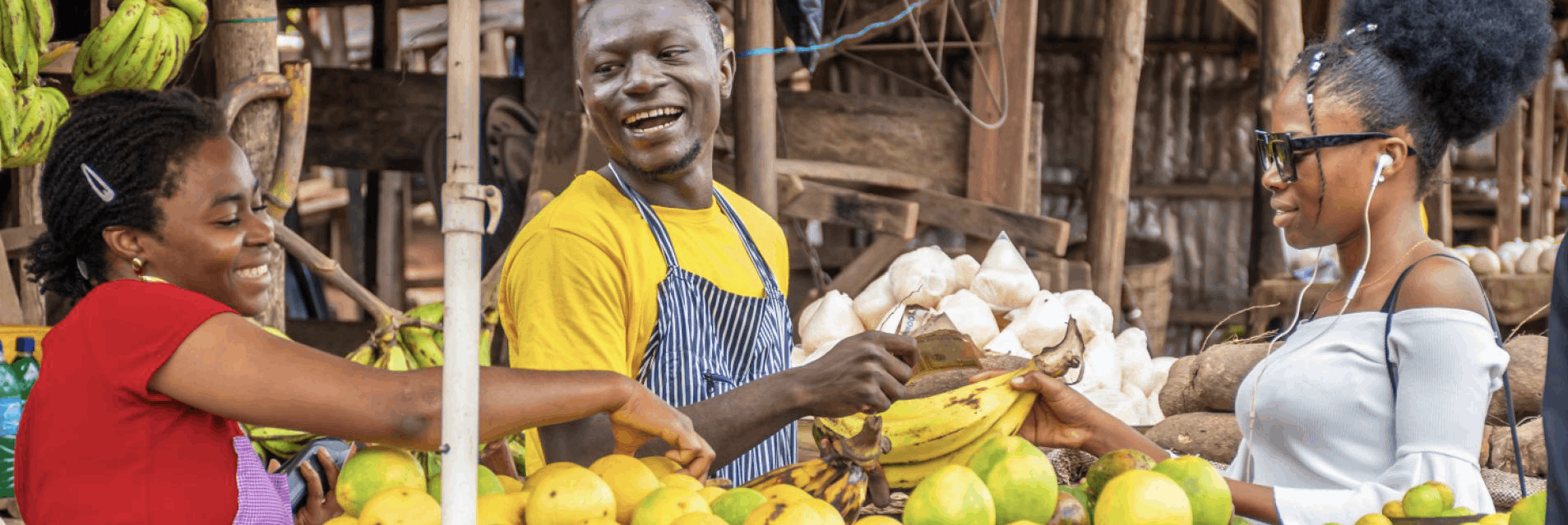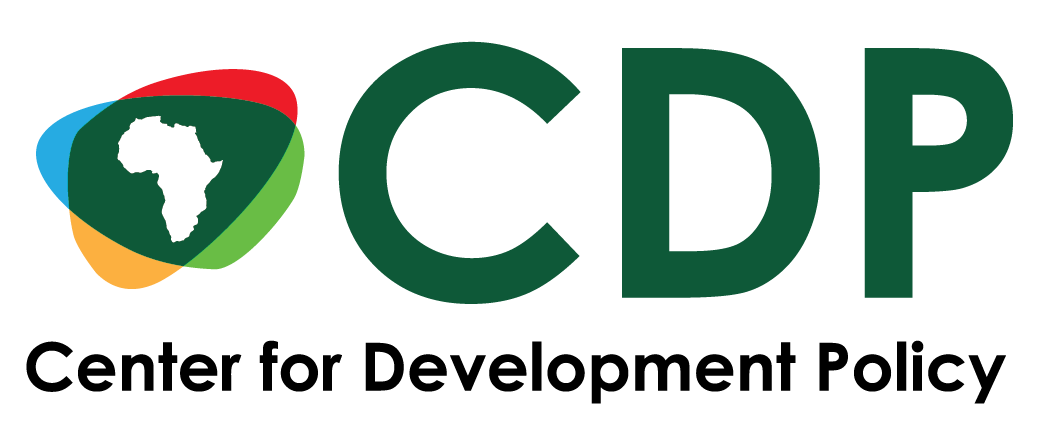Assessing the Net Fiscal Contribution of Labor Migration in Rwanda: Policy Paper for OECD/ILO/EU Commission
By: Ggombe Kasim Munyegera
The role of migration in economic development has been widely studied, in the context of both sending and receiving countries. Studies in the impact of migration on sending countries have largely taken a micro approach, often in reference to the role of remittances among individuals and households left behind by emigrants.

Disability-Inclusive Employment in the Private Sector in Rwanda
By: Dr. Edward KADOZI
This position paper advances a critical impetus for promoting the employability of persons with disabilities (PWDs) in the private sector in Rwanda. Is it socially and economically relevant to promote disability-inclusive employment in the private sector? If the answer is yes, by doing so, we are enormously contributing to Rwanda’s inclusive development through disability-inclusive employment, which in turn increases the innovation, productivity, and competitiveness of the business community.

Disability-Inclusive Public Procurement: Promoting Accessibility of Persons with Disability in WASH Facilities
By: Edward KADOZI, PhD
This position paper presents the impetus for integrating disability and accessibility in public
procurement. It presents accessibility barriers persons with disabilities (PWDs) encounter to access
WASH facilities in Rwanda. The paper suggests actionable policy recommendations to sustainably
address the issue. It concludes with the implementation plan to implement the policy options.

Making AfCFTA Protocol work for Women and Youth in Trade
Dr. Edward Kadozi & Safari Vincent
This position paper advances a critical impetus for integrating the needs and potentials of women and youth in trade for the Rwanda team of negotiation during upcoming negotiations for the women and youth protocol under AfCFTA Phase II&III. Women and youth-led businesses in Africa, and Rwanda in particular, play a significant role in economic transformation and poverty reduction. They account for the majority (80% of the continent’s businesses) of the population, business owners, and workforce, and play a leading role in cross-border trade (formal &informal) in Africa. Is it socially and economically relevant to make the AfCFTA Protocol work for women and youth in trade in Rwanda? If the answer is yes, by doing so, we are enormously contributing to realizing the objective of the AfCFTA for Women and Youth, in particular gender equality and opportunities for youth in the AfCFTA, and Rwanda in particular.

Women & Youth in Trade to inform negotiation of AfCFTA Protocol on Women and Youth in Trade
By Dr. Edward Kadozi & Safari Vincent
GIZ and the Ministry of Trade and Industry (MINICOM) commissioned this study aiming at
examining challenges encountered by women and youth in trade, and how the same group can
exploit the opportunities presented by the African Continental Free Trade Area (AfCFTA). The
findings of this study inform the position paper that articulates the policy position for Rwanda, and
Rwanda’s negotiation team will use it during upcoming negotiations for the Women & Youth
Protocol under AfCFTA Phase II & III.

